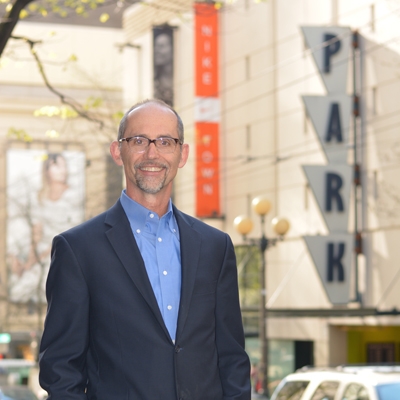
Richard W. Willson
Richard W. Willson, Ph.D., FAICP, is Professor and Chair in the Department of Urban and Regional Planning at California State Polytechnic University, Pomona.

Richard W. Willson, Ph.D., FAICP, is Professor and Chair in the Department of Urban and Regional Planning at California State Polytechnic University, Pomona.